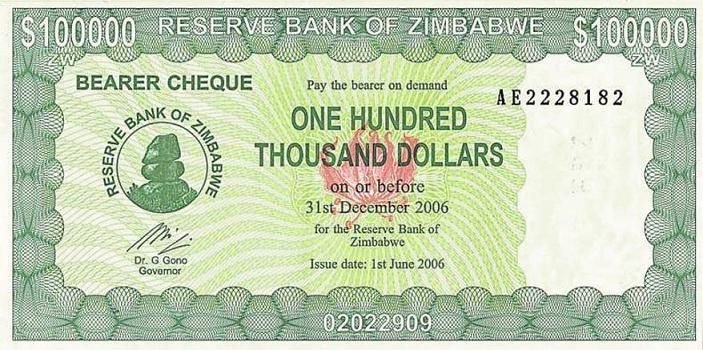7 Ways to Raise Money Without Giving Up Equity
My friend Sheryl of Greenopedia was just accepted to Startup Chile, which provides office space, a little seed money and an adventure in Chile, without giving up any equity. This seems like an incredible opportunity for any seed stage internet company. This was the first I’d heard of the program and honestly I felt like I’d missed out on a good thing. Anyway, I decided to research other alternative grant and funding programs that don’t require giving up equity, and here’s what I found:
Startup Chile is an initiative of the Chilean government to bring international entrepreneurs and start-ups to Chile, and provides funding and support for successful applicants. Applications are submitted online, then evaluated by a team of judges. Successful applicants in 2010 received a $40,000 grant per project, along mentorship, temporary workspace, a one-year visa for each member of the team, and organized networking events. Residents of Chile or businesses already operating in Chile are not eligible. Last year’s participants included H2020, Assert ID, Inventure and many more. The program is based in Santiago, Chile and is aimed at international, globally minded participants.
Kickstarter is one of the largest and most successful crowdfunding programs to date, and works by allowing projects to post a summary online and solicit backers for variable levels of funding. The pledges are only processed if a project reaches 100% or more of it’s goal within the allotted timeframe, and rewards are offered as an incentive to backers. Applications are submitted online, and there is no maximum or minimum on the amount of your funding goal. Applicants are required to have a US bank account, address, and government issued ID, but pledges can come from any country. Some notable successes include Diaspora* social networking site, and TikTok+LunaTik multi-touch watch kits, which received over 6000% of the initial funding goal.
IndieGoGo is a similar model to Kickstarter, where a project sets a goal amount and receives pledges from funders. Funders contribute money (and receive perks) once the project has reached 100% or more of the requested amount within the allotted time. Applications are submitted online, and there is no limit to the amount that can be set as the funding goal. IndieGoGo is open to anyone, and while based in the US, accepts campaigns and payments in 177 countries. Check out the successfully funded Satari Star Accessory.
Profounder is a more community-based program, which allows you to repay investors with either perks or a variable share of your profits, while allowing the entreprenuer to keep full ownership. Profounder is more business-based than other programs, featuring support for planning and structuring your business also. The program is available to entrepreneurs and for-profit businesses based in the US.
Fair Trade retail platform Chaka Market Bridge and BucketFeet are a few of Profounder’s success stories. Profounder is US based.
-
Development Innovation Ventures
DIV is intended to promote collaboration between innovators in diverse fields including academia, private companies, and NGOs. DIV funds the identification and implementation of solutions to global development issues. Applications are submitted online at http://grants.gov, and submissions are welcome from organizations outside of USAID, including private businesses. Grant amount is $350,000, and the deadline for applying is July 11, 2011. This is a US government grant.
- SBIR (Small Business Innovation Research Program)
SBIR is a program that encourages small businesses to explore their technological potential through government grants. SBIR grants can help fund critical startup and development stages and encourages the commercialization of technology, products, and services.
Following submission of proposals online, applicants will be judged on small business qualification, degree of innovation, technical merit, and future market potential. Applicants selected to receive a SBIR award will then begin a 3-phase program, Phase I (up to $100,000) supports exploration of feasibility, Phase II (up to $750,000) for R&D work, and Phase III (no funding) where the innovation enters the marketplace. In order to be eligible, the business must be independently operated, for-profit and American-owned. The principal researcher must be employed by business, and the company size must have fewer than 500 employees.
Founded and run by Andy Sack and Randall Lucas, RevenueLoan provides up to $500,000 to businesses that already have solid revenue and growth.
Their sweet spot is companies that have $1m or more in revenue, 50% gross margins and a growth plan for investing the $100k to $500k loan. Instead of selling off equity or paying back the loan in fixed intervals, RevenueLoan lets startups payback as a percentage of their revenue over time (with details like cap left to negotiation).
Andy Sack is also the leader of TechStars Seattle, a founding partner of Founder’s Coop (early stage VC fund) and a serial entrepreneur himself, so he created RevenueLoan with a firm understanding of gaps in traditional financing faced by early stage companies.
![7 Ways to Raise Money Without Giving Up Equity [Currently Obsessed]](https://sloppy-joe-app.imgix.net/www/co-logo.png)
